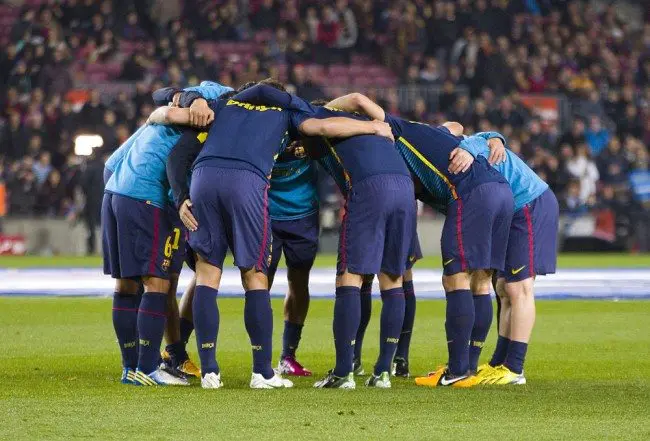‘Ministry of Foreign Affairs Supports Palestinian Independence Even Though Israel is Participating in the U-20 World Cup’, read a headline on one of Indonesia’s most popular online news sites this weekend.
Indonesia is hoping the tournament builds its sporting prowess on the international stage (Source: Shutterstock)
The statement presents a conundrum that rests at the heart of a rare division in the Indonesian Government, namely when the foreign ministry is going to decide for good on Israel’s participation at the upcoming U-20 World Cup, or not.
Numerous members of Foreign Minister Retno Marsudi’s team have been vocal in restating both her and the ministry’s commitment to the Palestinian cause.
‘Indonesia’s position on the issue of Palestine has never changed and remains consistent. Indonesia is one the few countries that is consistent in supporting the cause of the Palestinian people’, said ministry spokesman Teuku Faizasyah on Friday of last week.
Moreover, according to Mr Faizasyah, the matter was largely out of the Foreign Ministry’s hands in any case. FIFA was the body in charge and they decided the rules relating to participating teams, he argued.
It would seem that Indonesians think differently. They have taken to social media in recent weeks to demand the resignation of Retno Marsudi; the Minister deemed guilty of misjudging the popular mood and avoiding a firm decision on a contentious matter.
I don’t have a dog in this fight, but Mrs Marsudi’s approach does strike me as wrong-headed.
FIFA is an important international institution and its tournaments can have nation-building effects when executed to a high standard. It is not, however, in the business of dictating the foreign policy of the countries it works with, nor does it want to be.
For example, if the Israeli team does come to Indonesia this summer, then FIFA will certainly enquire after the fair treatment of its players and coaching staff – a level of treatment that the Indonesian football association has already guaranteed.
Conversely, if the Foreign Ministry takes a lasting decision and rules out Israel’s participation, then FIFA would no doubt make its disappointment known. That much is obvious; why would an organisation not push for the inclusion of all its constituent members?
Put this way, it looks as if the Foreign Ministry has attempted to pass the buck. The problem is, however, that there’s no one to pass it to.
This reality naturally returns us to the real issue at hand: whether Israel should be allowed to participate or not.
Over 235,000,000 Muslims live in Indonesia, and they feel the Palestinian cause strongly – a feeling that has been reflected in a series of condemnations by religious groups.
Yet despite Islam’s centrality to the Indonesian way of life and it’s buttressing of the modern Indonesian state, there is broad agreement amongst experts that religion rarely drives the country’s foreign policy.
Instead, policy is driven first and foremost by the electorate’s overriding desire for growth and prosperity – a desire that is in no way hindered by Indonesia’s Islamic core. Development is also a worthy aim for a nation that has suffered its fair share of hardship prior to the 21st century economic surge.
In that vein, I would argue that Indonesia’s economic interests are best served by magnifying the country’s booming domestic commerce, status as a natural home for foreign businesses, and the beauty and warmth of its culture and people.
While much of this is driven by good policy and innovation at home, growth is also supported by positive perceptions around the country abroad.
Indonesia, in other words, has a good reputation – something that is hard to come by nowadays and shouldn’t be left to go to waste.
A focus on international standing would be my approach, but I recognise that both sides of the argument around Israel’s participation in the World Cup are made in good faith.
It’s now up to the Foreign Ministry to settle this argument once and for all. The alternative is to continue sitting in the middle of the road and being hit over and over again by both sets of traffic.
With Indonesia’s international reputation hanging in the balance, I hope it jumps onto a sidewalk sooner rather than later.
Author: Darby Jones


